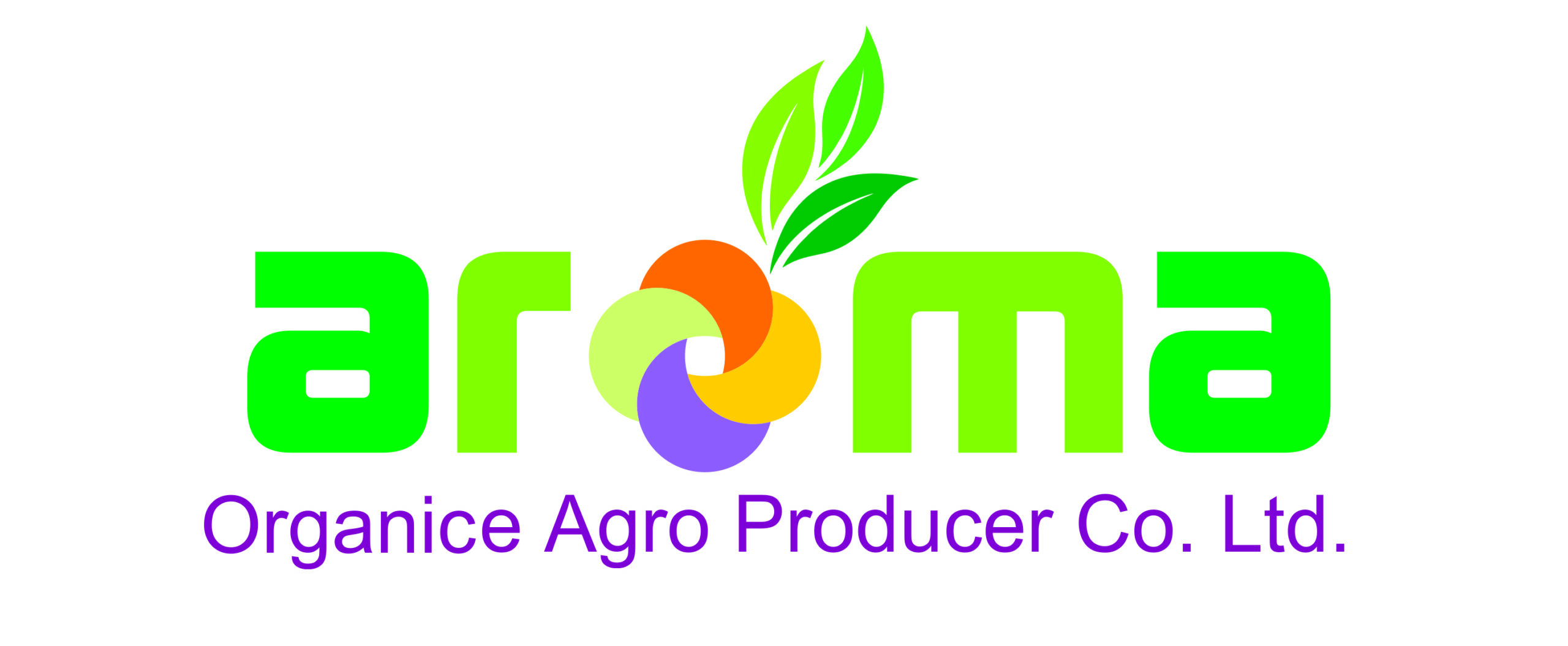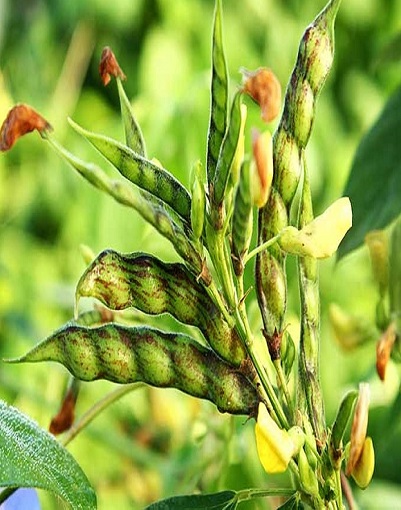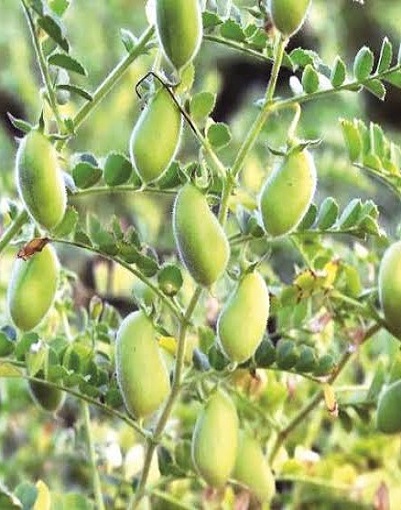Agriculture with New Perspective.


Aroma organice is an emerging agricultural based group, a recognized name in the field of agriculture and allied activities trying to build strong backward and forward linkages in the entire supply and value chain, pulses and oil seeds.
We are fostering the culture of organic farming. Our commitment to our farmers is to make farming sustainable and eco friendly while for consumers to make available organically produced residue free food for safety and healthy life.
Our Object is to uplift and empower farmers by adopting organic and natural farming thus creating a sustainable and profitable agricultural ecosystem. Our group of farmers come together voluntarily to pool their resources, skills and knowledge with the aim of improving their agricultural practices, productivity and overall income of farming community. It also aims to make available residue free and organically produced food to humans and animals.
Towards sustainable farming, availability of
safe and healthy food.

Vision of our Farmer Producer Company is to create a farmer-centric organization that empowers farmers, enhances their livelihoods and promotes sustainable agricultural development. The overarching vision is to improve the economic and social well-being of farmers by providing them with collective strength, market access and value addition opportunities.
Encouraging sutainable agriculture practices and market intelligence for value chain development.

The mission of our Farmer Producer Company typically includes the following elements:
- Farmer Empowerment: The mission is to empower farmers by providing them with access to information, technology and modern agricultural practices. This includes training programs, workshops and knowledge-sharing platforms that enhance farmers’ skills and enable them to make informed decisions.
- Backward linkages, Input procurement and distribution: Procure agricultural inputs such as seeds, fertilizers, pesticides and machinery in bulk at discounted rates. They aim to provide these inputs to their farmer members at reasonable prices, ensuring affordability and quality.
- Forward Market Linkages: Strive to establish strong market linkages for farmers, enabling them to directly connect with buyers, processors and other stakeholders in the agricultural value chain. This helps farmers obtain fair prices for their produce and reduces their dependency on intermediaries.
- Facilitating Aggregation and Collective Bargaining Power: Aim to strengthen the bargaining power of farmers by aggregating their produce and negotiating better terms and prices with buyers. By pooling resources and working collectively, farmers can achieve economies of scale and secure higher profits by negotiating fair prices
- Quality Assurance: Focus on maintaining high-quality standards for agricultural produce. This includes implementing quality control measures, adopting best practices in cultivation and complying with relevant regulations and certifications. By ensuring quality, FPCs can access premium markets and enhance farmers’ income.
- Financial services: Work towards providing financial services and support to farmers, such as access to credit, insurance and savings schemes. This helps address the financial needs and challenges faced by farmers, facilitating their investment in agriculture and reducing vulnerabilities.
- Socio-economic Development: Often have a broader mission of contributing to the overall socio-economic development of farmers and their communities. This may involve initiatives related to education, healthcare, women empowerment, infrastructure development, and environmental sustainability.
- Sustainable Farming Practices: To promote sustainable and eco-friendly farming practices, including organic farming, conservation of natural resources and biodiversity. This includes practices such as organic farming, agroforestry, cover cropping, and integrated pest management. These methods reduce the use of synthetic chemicals, enhance soil fertility and support long-term agricultural sustainability.
- Blockchain in Agriculture: Blockchain technology offers new possibilities in the agricultural supply chain, enabling transparency and traceability. With blockchain, farmers, distributors and consumers can track the journey of agricultural products from farm to table. This helps ensure food safety, quality assurance and fair trade practices.
- Climate-Smart Agriculture: Climate change poses significant challenges to agriculture and new perspectives emphasize climate-smart farming techniques. This includes adopting resilient crop varieties, improving water management, implementing sustainable irrigation systems and practicing climate-adaptive strategies. Climate-smart agriculture aims to enhance food security while minimizing greenhouse gas emissions and environmental degradation.
- Regenerative Agriculture: Regenerative agriculture focuses on restoring and improving soil health while sequestering carbon dioxide from the atmosphere. It emphasizes practices such as cover cropping, minimal tillage, composting and rotational grazing to enhance soil organic matter, biodiversity and water retention capacity. By adopting regenerative practices, farmers can mitigate climate change, increase resilience to extreme weather events and improve the long-term sustainability of their operations.
- Diversification and Alternative Crops: Some farmers are exploring diversification and alternative crops to reduce risks associated with monoculture and adapt to changing market demands. This includes growing specialty crops, heirloom varieties, or non-traditional crops suited to specific climates or consumer preferences. Diversification can also include integrating livestock into crop production systems or incorporating agroforestry practices.
- Consumer Awareness and Demand for Sustainable Agriculture: There is an increasing awareness among consumers about the environmental and social impact of food production. This has led to a growing demand for sustainably produced, organic, locally sourced and ethically raised food products. Farmers are responding to these market demands by adopting sustainable practices, implementing transparent supply chains and engaging in direct marketing and farm-to-table initiatives.
- Overall, the object, vision and mission of a Farmer Producer Company revolve around empowering farmers, enhancing their income, promoting sustainable agriculture and fostering a prosperous farming community assuring residue-free and organic food.
AROMA PILLARS






